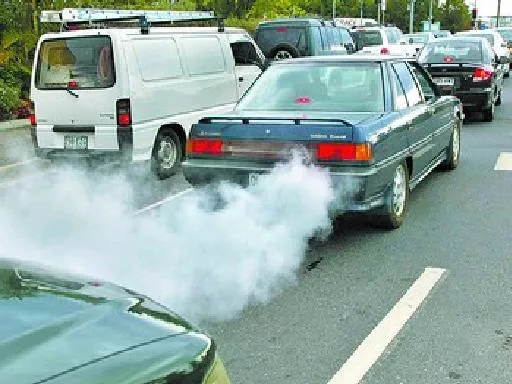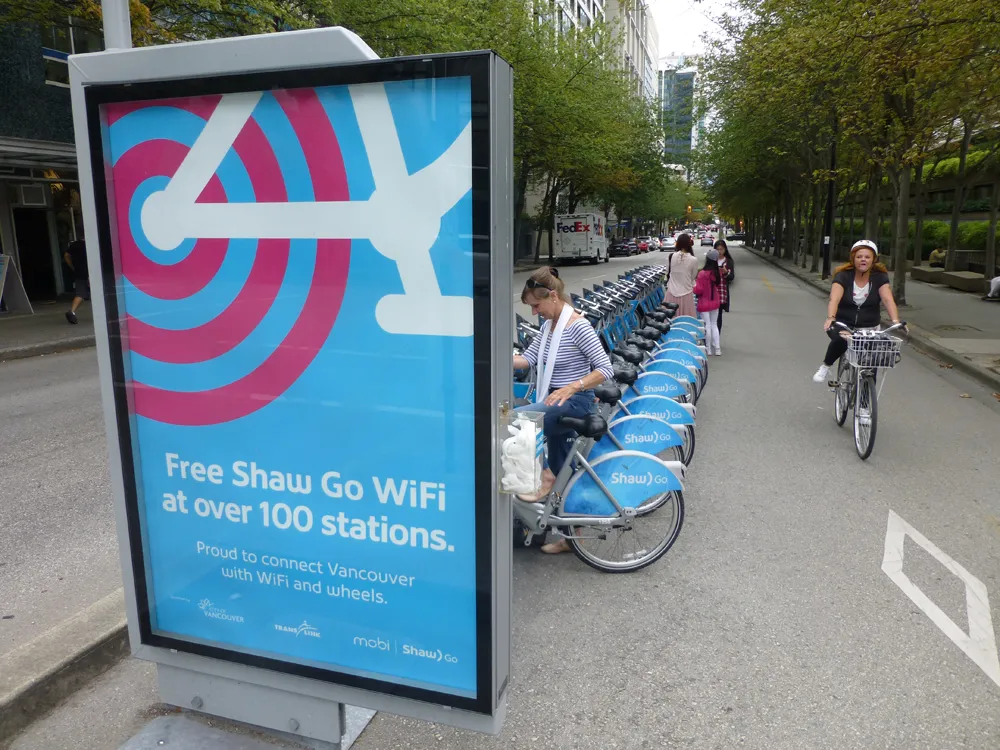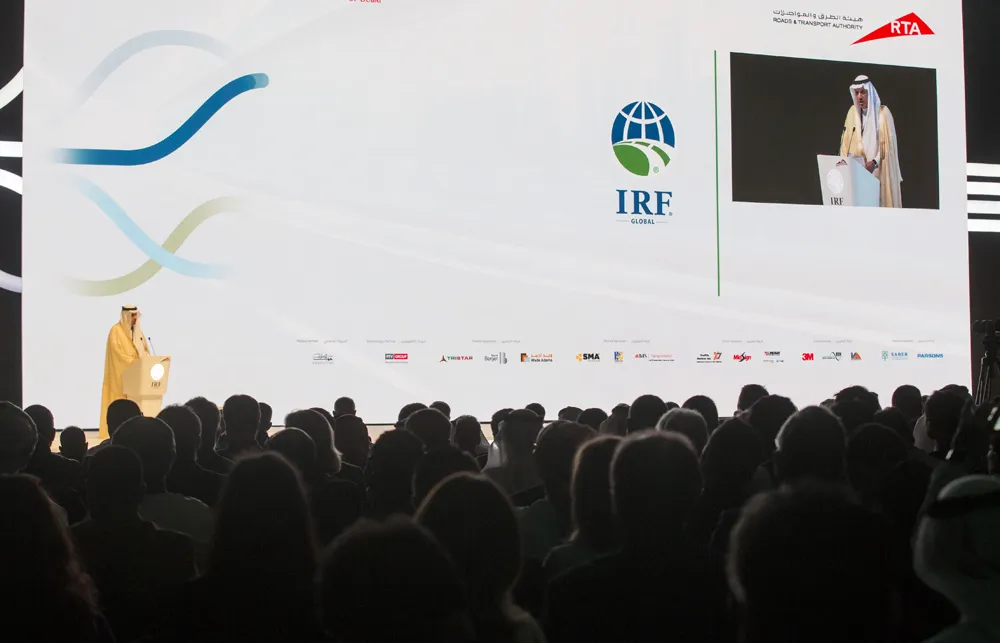Smarter steps to reduce carbon emissions are being proposed by a new study from The Chartered Institute of Logistics and Transport in the UK (CILT). With transport accounting for nearly 25% of the UK’s carbon emissions, and at a time when governments are agreeing to move forward together on reducing emissions, CILT is calling for a balanced approach to carbon management and better assessment of the carbon impact in making transport investment choices.
March 22, 2012
Read time: 3 mins

Smarter steps to reduce carbon emissions are being proposed by a new study from The 4177 Chartered Institute of Logistics and Transport in the UK (CILT). With transport accounting for nearly 25% of the UK’s carbon emissions, and at a time when governments are agreeing to move forward together on reducing emissions, CILT is calling for a balanced approach to carbon management and better assessment of the carbon impact in making transport investment choices.
In its report, the ‘Transport Use of Carbon Study’, the Institute argues that with important future decisions to be made about the roll-out of electric cars and vans, high speed rail, demand management on roads and providing additional airport capacity, the way carbon is priced and the mix of electricity generation chosen will have a major effect on the amount of carbon used in these programmes. Many of these decisions will have significant public expenditure effects, while also requiring the need to balance economic benefits with local environmental effects.
The study says that providing additional transport to increase capacity means more carbon use because of additional users. However, this can be minimised by ensuring that the chosen transport choices increase usage in off-peak rather than peak periods. As a result, CILT is arguing that transport pricing regimes for all modes should charge fully for carbon emissions and encourage off-peak travel and discourage additional peak demand that requires extra capacity and higher CO2 emissions.
Other steps include encouraging efficiency in internal combustion engines to give lower fuel consumption and reserving biofuels for use in aviation rather than surface transport. They also suggest ensuring that appraisal for transport schemes take full account of load factors, especially in encouraging more off-peak use rather than providing for more peak-time capacity and demand.
The report is of relevance in Europe given the increasing debate over carbon emissions from transport. It is also of relevance to other developed nations such as those of North America, Japan, South Korea and Australia, where the issue has been recognised as being of long term importance. And in China too, the authorities are now looking at ways to minimise carbon emissions from transportation. However, the Institute acknowledges that the analysis and findings in its report are subject to debate. The study is based on long-distance domestic travel, not local transport where the potential CO2 savings could be even greater. Also, available data in this area is fast-changing and clear indicative evidence is limited.
Tony Bolden, chairman of the report’s steering group said, “Accurately assessing the carbon take of transport is not an exact science. Our report is intended to provoke debate and discussion by transport providers and policy-makers alike. In this regard, the Institute may seek to organise a further seminar of environmental experts, policy-makers and transport professionals in the New Year to draw out the conclusions further and provide a clearer view and stronger recommendations that could help transport operators and investors to make more informed decisions.”
In its report, the ‘Transport Use of Carbon Study’, the Institute argues that with important future decisions to be made about the roll-out of electric cars and vans, high speed rail, demand management on roads and providing additional airport capacity, the way carbon is priced and the mix of electricity generation chosen will have a major effect on the amount of carbon used in these programmes. Many of these decisions will have significant public expenditure effects, while also requiring the need to balance economic benefits with local environmental effects.
The study says that providing additional transport to increase capacity means more carbon use because of additional users. However, this can be minimised by ensuring that the chosen transport choices increase usage in off-peak rather than peak periods. As a result, CILT is arguing that transport pricing regimes for all modes should charge fully for carbon emissions and encourage off-peak travel and discourage additional peak demand that requires extra capacity and higher CO2 emissions.
Other steps include encouraging efficiency in internal combustion engines to give lower fuel consumption and reserving biofuels for use in aviation rather than surface transport. They also suggest ensuring that appraisal for transport schemes take full account of load factors, especially in encouraging more off-peak use rather than providing for more peak-time capacity and demand.
The report is of relevance in Europe given the increasing debate over carbon emissions from transport. It is also of relevance to other developed nations such as those of North America, Japan, South Korea and Australia, where the issue has been recognised as being of long term importance. And in China too, the authorities are now looking at ways to minimise carbon emissions from transportation. However, the Institute acknowledges that the analysis and findings in its report are subject to debate. The study is based on long-distance domestic travel, not local transport where the potential CO2 savings could be even greater. Also, available data in this area is fast-changing and clear indicative evidence is limited.
Tony Bolden, chairman of the report’s steering group said, “Accurately assessing the carbon take of transport is not an exact science. Our report is intended to provoke debate and discussion by transport providers and policy-makers alike. In this regard, the Institute may seek to organise a further seminar of environmental experts, policy-makers and transport professionals in the New Year to draw out the conclusions further and provide a clearer view and stronger recommendations that could help transport operators and investors to make more informed decisions.”







